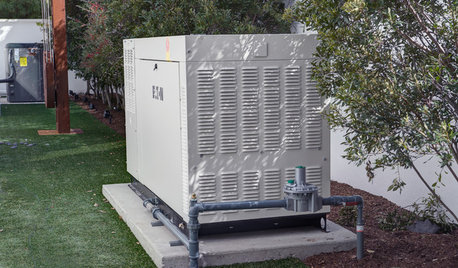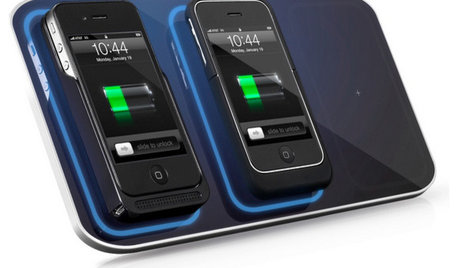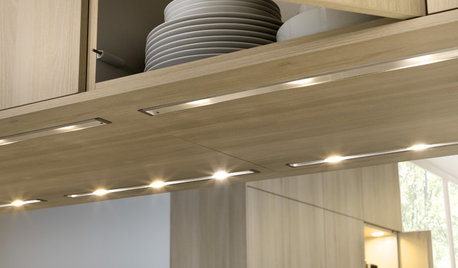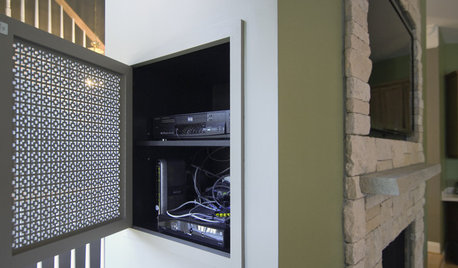Generator Wiring
d_cup
13 years ago
Related Stories

DISASTER PREP & RECOVERYMore Power to You: How to Pick the Right Generator
If your home's electricity goes, don't let it take your necessities with it — keep systems running with this guide to backup power
Full Story
HOME TECHReady to Bid Good Riddance to Charging Cords?
A new breed of base stations will reduce wires, decluttering homes and saving sanity everywhere
Full Story
TASTEMAKERSSneak Peek: 10 Visionary Designs That Could Be Coming Your Way
Trust the next generation of designers to think ahead — these promising products from the imm Cologne trade fair take innovation to heart
Full Story
LIFEHow to Prepare for and Live With a Power Outage
When electricity loss puts food, water and heat in jeopardy, don't be in the dark about how to stay as safe and comfortable as possible
Full Story
LIGHTINGWhat to Consider When Lighting Your Home
A designer offers a few illuminating insights on this key design element
Full Story
DIY PROJECTS29 Home Projects to Make You a DIY Superstar
Patch up holes, turn trash to treasure, erase stains ... these doable DIY projects will better your home and boost your ego
Full Story
PORCHESA Bold, Handcrafted Look for a Summer Pavilion Near Moscow
Traditional needlework patterns and colors inspire bright decor in a family’s covered dining porch
Full Story
PRODUCT PICKSGuest Picks: High-Tech Plant Helpers
Hydroponics, monitoring systems, even an electric pollinator ... these gadgets and services keep your greenery growing strong
Full Story
HOUSEKEEPINGTackle Home Junk With Proper Disposal
No matter how well you scrub, your home will never be spotless until the junk disappears. Here's how to lose it with a clean conscience
Full StoryMore Discussions








weedmeister
terribletom
Related Professionals
Bloomington General Contractors · Everett General Contractors · Grand Junction General Contractors · Mineral Wells General Contractors · Montebello General Contractors · North Highlands General Contractors · Seal Beach General Contractors · Tyler General Contractors · Williston General Contractors · Palm River-Clair Mel General Contractors · Fort Lee Solar Energy Systems · Reedley Solar Energy Systems · Yucca Valley Solar Energy Systems · Palo Alto Home Automation & Home Media · Ponte Vedra Beach Home Automation & Home Mediad_cupOriginal Author
weedmeister
weedmeister
d_cupOriginal Author
d_cupOriginal Author
DavidR
Ron Natalie
countryboymo
DavidR
countryboymo